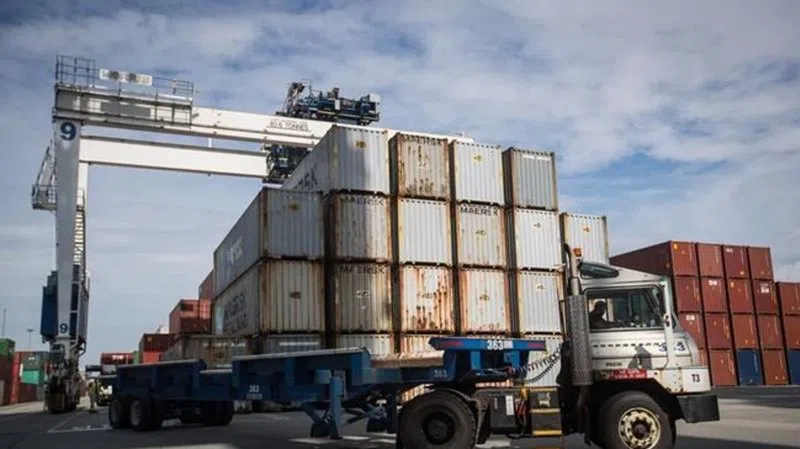
Feds working on new policies to stop illegal shipments of garbage
OTTAWA — The federal government expects to make some changes this year to keep Canada’s garbage from illegally ending up on foreign shores, after needing to bring dozens of shipping containers of rotting garbage back home from at least two Asian countries last year.
Canada spent $1.14 million in June 2019 to bring 69 shipping containers filled trash to a waste-to-energy facility near Vancouver, ending a six-year diplomatic row with the Philippines.
The Canadian trash was illegally shipped to the Southeast Asian nation in 2013 and 2014 — falsely labelled as plastics for recycling — and the two countries fought for years over whose job it was to get rid of it.
The dispute ended only after Rodrigo Duterte, president of the Philippines, suspended diplomatic relations and recalled his ambassador from Ottawa until Canada finally took back its trash.
